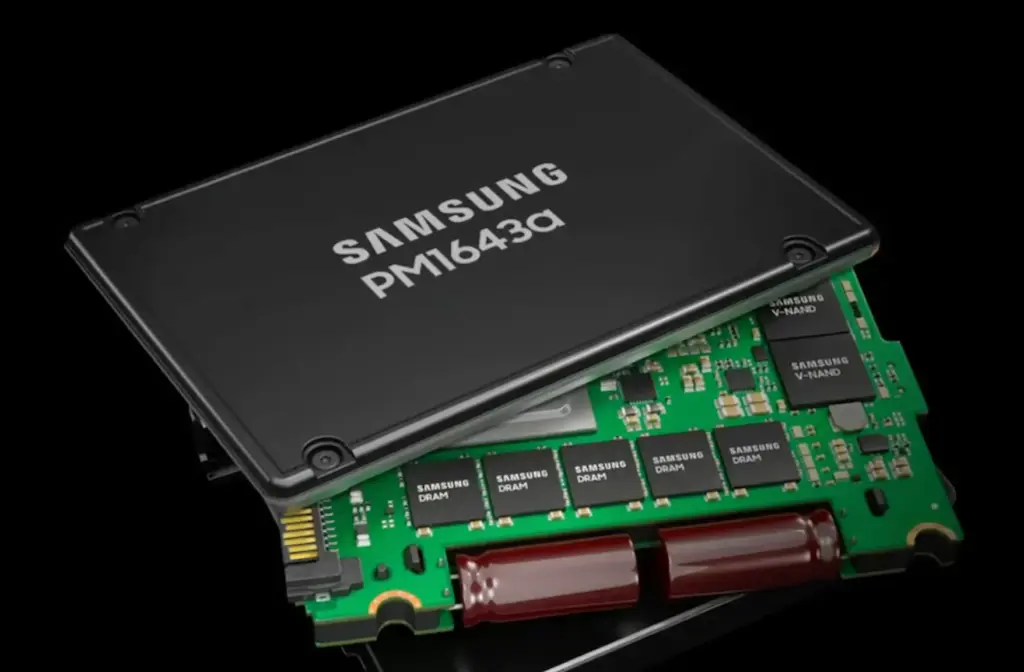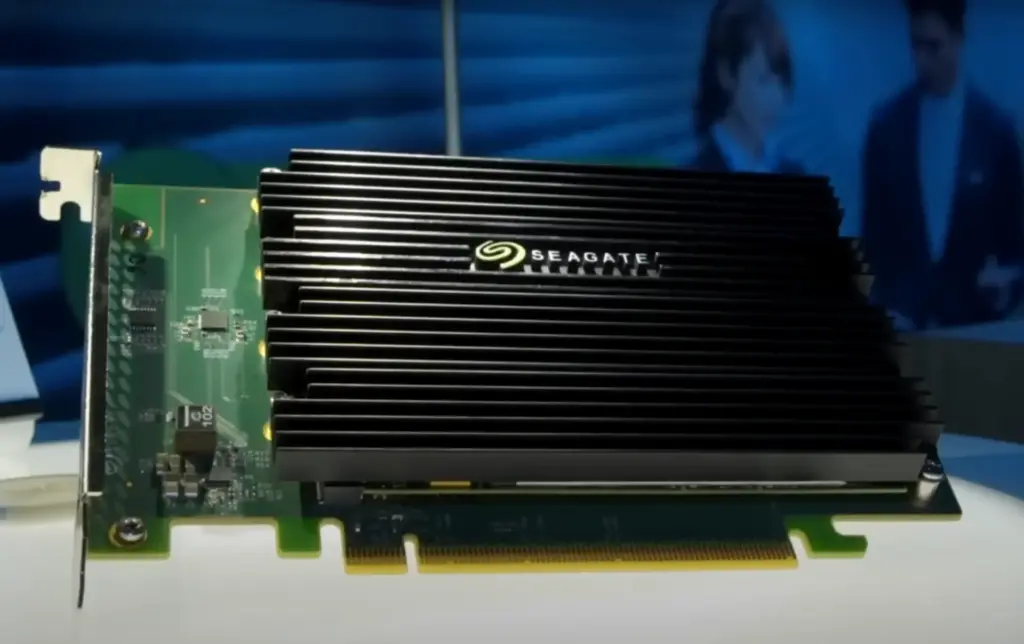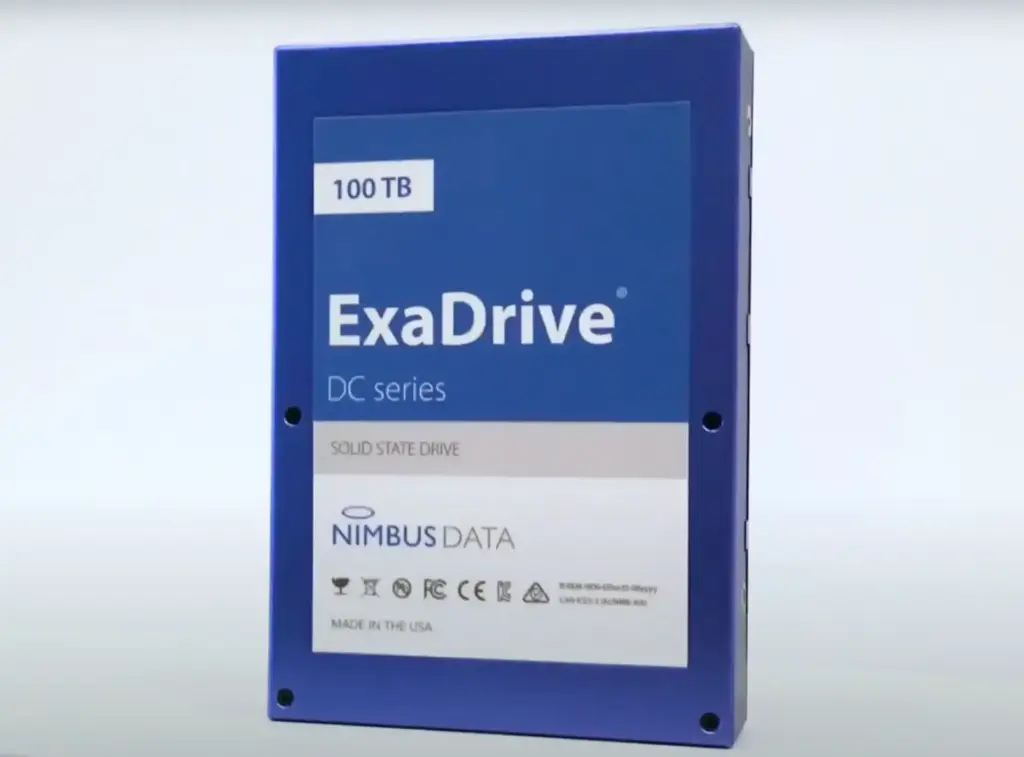Table of contents
Are you looking for a single device that can hold all your high-resolution pictures, HD videos, and even favorite movies? Or do you need an enterprise storage solution? When it comes to boosting your computer’s performance and storage space, a solid-state drive is the best option. Solid State Drive (SSD) is a type of computer storage that is increasingly being used as an alternative to traditional hard drives as well as hybrid drives. Since their introduction, SSDs have come a long way in terms of performance and capacity. The top SSD brands have not only improved the SSD technology and reliability but also reduced their price tag.
With the availability of SSDs in different capacities and price ranges, this technology is no longer reserved for enterprise customers. Some of the best laptops now come with an SSD as primary storage, as well as many mainstream users are either switching their older hard drives to internal SSD or getting an external SSD to store volumes of data. Unlike traditional HDDs that use magnetic media, SSDs are designed with semiconductors and have memory chips.
Before starting your search
There are two types of SSDs: Enterprise edition and consumer edition. Enterprise SSDs have larger capacities and are able to handle more read and write processes. They are primarily designed for use in data centers. These drives are very expensive and can cost from $10,000 to $40,000. Consumer SSDs are made for daily office or home use. You will find them inside laptop or desktop systems and external storage devices. They have plenty of read-and-write operations to last many years. Don’t overpay for enterprise edition SSDs unless you will write and delete terabytes of data daily.
Understand SSD technology
SSDs work on NAND technology that can hold a huge volume of data, with or without power. This technology enables the drive to use less power, offer higher data transfer rates, and store a massive amount of data. The latest SSDs eliminate long boot times, speed up your programs and games, and improve the overall performance of your computer. However, SSDs may also fail and suffer data loss. Also, SSDs have a limited life span with a fixed number of write cycles available before their cells become redundant. So, if you need to store several TBs of data, you need to invest in a device that fulfills your specific storage needs. With that in mind, here we’ve shared the largest SSDs available in the market to help you find a device that suits your needs.
Largest consumer SSD
The largest consumer SSD as of today is 8TB. If you are a videographer, photographer, or musician looking for one large-capacity SSD that can hold your data, then an 8TB external SSD is the right choice. High-capacity solid-state drives provide a reliable and efficient means of storing all your data. Take advantage of USB C technology that provides great speed, allowing you to focus on your craft.
Largest SSD by Samsung

Samsung launched its largest-capacity enterprise edition SSD. The PM1643 offers 30TB of storage— enough to store 5,700 full HD movies. This Serial Attached SCSI (SAS) solid-state drive has 40GB of DRAM, a new controller, and custom software. This SSD can deliver twice the capacity and performance of the previous high-capacity SAS SSD models designed by the company. For developing this SSD, Samsung combined 32 of the new 1TB NAND flash packages. It has a 2.5-inch form factor with random read and write speeds of up to 400,000 IOPS and 50,000 IOPS, and sequential read and write speeds of up to 2,100MB/s and 1,700 MB/s, respectively. It is the most feasible enterprise storage solution and ensures high reliability.
For consumer use, Samsung also offers many other models with capacity ranges that suit the needs of home and small business users. For instance, The Samsung 860 EVO has the capacity to hold 4 TB of data and has a sequential read speed of up to 550 MB/s and a 520 MB/s write speed performance. This SSD can be perfect for gamers and videographers. As it can securely store large-sized 4K videos and 3D data. Another option is the Samsung 870 QVO-Series which comes in storage capacity ranging from 1TB of storage to 8TB. It has a SATA interface and 560/530 MB/s sequential speed.
Largest SSD by Seagate

Seagate introduced its largest enterprise edition capacity solid-state drive at the Flash Memory Summit Conference. It was launched only for demonstration purposes and designed for enterprise use to ensure high performance. Seagate’s 60TB monster is a Serial Attached SCSI (SAS) SSD. It has a 3.5-inch form factor and is capable of holding up to 400 million photos or 12,000 movies. The 60TB SAS SSD also offers the lowest cost-per-gigabyte for flash and works best for large storage arrays, active archiving, and read-intensive systems.
Largest SSD by Nimbus

The Nimbus Exadrive holds the world record for the biggest enterprise edition solid-state drive in the world. The company offers SSDs in capacities ranging from 16 TB to 100 TB and uses either SATA or dual-port SAS interfaces. Nimbus Data is an American data storage company that develops flash memory solutions. The ExaDrive DC 100 has more than 3x the capacity of the largest SSDs offered by other brands. This SSD is not only the biggest in terms of capacity but also draws 85% less power per terabyte (TB). It has a SATA interface that allows plug-and-play compatibility with several server and storage platforms. The ExaDrive DC 100 promises up to 100,000 IOps (read or write) and up to 500 MBps throughput which makes it perfect for IoT applications. The Nimbus Data ExaDrive SSD with a 100TB storage capacity is available for a hefty $40,000 price tag. It also boasts a mean time between failures (MTBF) of 2.5 million hours which makes. This drive a perfect balance of capacity, performance, and energy efficiency. The company has claimed that DC 100 has the “capacity to store 20 million songs, 20,000 HD movies, or 2,000 iPhones worth of data in a device small enough to fit in your back pocket.”
ExaDrive series is available in both TLC and QLC flash models. Nimbus Data also offer ExaDrive NL series that comes in capacities ranging from 16 TB to 64 TB. These drives use enterprise-grade QLC and are the best option to replace the existing mechanical HDDs. With their 3.5-inch form factor, these SSDs are compatible with any 3.5-inch slot and can be used by web hosting companies and data centers.

